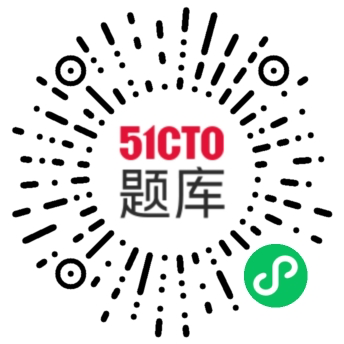Free JAVA japen
Java is a widely used programming language that was developed by Sun Microsystems and is now owned by Oracle Corporation. It was first released in 1995 and has since become one of the most popular programming languages in the world. In this article, we will explore the concept of "Free JAVA japen" and how it can benefit developers.
What is "Free JAVA japen"?
"Free JAVA japen" refers to the combination of three important concepts in the world of Java programming: free software, the Java programming language, and the Japanese language. Free software refers to software that can be used, modified, and distributed freely. Java is a programming language that allows developers to write code that can run on any platform. And Japanese is one of the most widely spoken languages in the world.
Code Example:
public class Hello {
public static void main(String[] args) {
System.out.println("こんにちは、世界!");
}
}
The above code example demonstrates a simple "Hello, World!" program written in Java, which outputs "こんにちは、世界!" in Japanese. This showcases the combination of the Java programming language and the Japanese language.
The Benefits of "Free JAVA japen":
-
Accessibility: Java is a free and open-source programming language, which means that anyone can download and use it without any cost. This allows developers from all backgrounds and financial situations to learn and use Java.
-
Portability: Java's "write once, run anywhere" principle allows developers to write code once and run it on any platform that supports Java. This makes Java a highly portable language and increases its popularity among developers worldwide.
-
Global Reach: The combination of Java and the Japanese language opens up opportunities for developers to create applications and websites that cater to the Japanese market. With the widespread use of the internet, having the ability to code in Java and communicate in Japanese can be advantageous in reaching a global audience.
Class Diagram:
classDiagram
class FreeJava {
+ accessibility()
+ portability()
+ globalReach()
}
The class diagram above represents the main class "FreeJava" with its three methods: accessibility(), portability(), and globalReach(). These methods represent the benefits of "Free JAVA japen" that we have discussed earlier.
Journey of a "Free JAVA japen" Developer:
-
Learning Java: The journey starts with learning the Java programming language. There are various resources available online, such as tutorials, documentation, and online courses, to help beginners get started with Java.
-
Exploring Japanese Language: Alongside learning Java, developers can also start exploring the Japanese language. Learning basic Japanese greetings and phrases can enhance their cultural understanding and enable them to communicate effectively in a Japanese-speaking environment.
-
Creating Applications: Armed with Java skills and Japanese language proficiency, developers can create applications that target the Japanese market. This could include mobile apps, web applications, or even software solutions tailored to meet specific Japanese user requirements.
Journey Diagram:
journey
title Journey of a "Free JAVA japen" Developer
section Learning Java
Learn Java syntax and concepts
section Exploring Japanese Language
Learn basic Japanese greetings and phrases
section Creating Applications
Develop applications targeting the Japanese market
The journey diagram above illustrates the steps involved in becoming a "Free JAVA japen" developer. It starts with learning Java, followed by exploring the Japanese language, and finally creating applications that cater to the Japanese market.
In conclusion, "Free JAVA japen" combines the concepts of free software, the Java programming language, and the Japanese language. It offers accessibility, portability, and global reach to developers, opening up new opportunities in the world of Java programming. By embracing "Free JAVA japen," developers can broaden their skills and create applications that cater to a global audience, particularly the Japanese market.
References:
- Oracle:
- Mermaid:


















